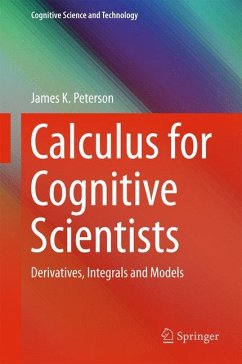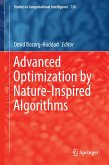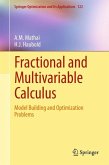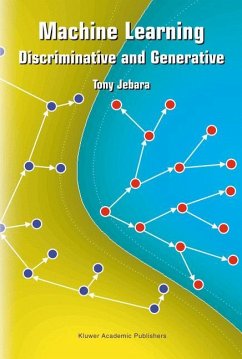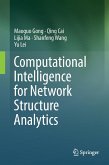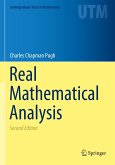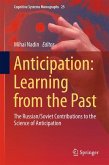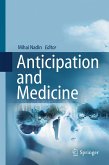This book provides a self-study program on how mathematics, computer science and science can be usefully and seamlessly intertwined. Learning to use ideas from mathematics and computation is essential for understanding approaches to cognitive and biological science. As such the book covers calculus on one variable and two variables and works through a number of interesting first-order ODE models. It clearly uses MatLab in computational exercises where the models cannot be solved by hand, and also helps readers to understand that approximations cause errors - a fact that must always be kept in mind.
"The introductory remarks in this book address the concern that many presentations of mathematics focus so heavily on traditional content that the usefulness of mathematics in other fields can be overlooked. ... the approach is both demanding and thorough, but the brief exercise sets remain focused on providing opportunities for straightforward practice of the principles at hand. ... Summing Up: Recommended. Lower- and upper-division undergraduates." (N. W. Schillow, Choice, Vol. 54 (4), December, 2016)

